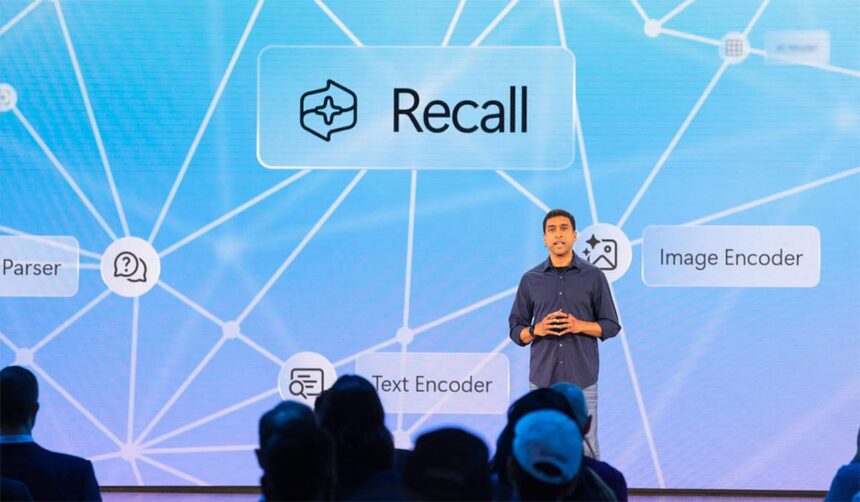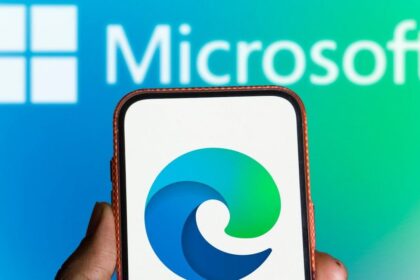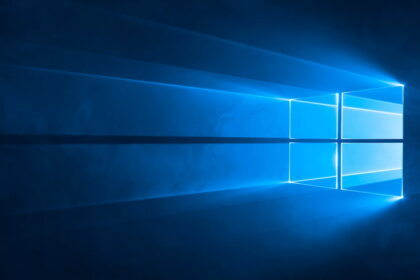Microsoft introduced a new feature called ‘Recall‘ as part of its Copilot+ PC lineup, designed to help users remember everything they did on their computers. Powered by Microsoft’s AI, Recall tracks and records user activities on the PC to provide reminders and easy access to past actions.
However, the feature faced significant privacy concerns from users. In response to the criticism, Microsoft decided to delay its launch, rescheduling it for October 2024 for members of the Insider program.
After further development, Microsoft has announced that users can uninstall or disable the Recall feature if they have privacy concerns or prefer not to use it. This move aims to give users more control over their data while still offering the convenience of the tool for those who find it helpful.
Microsoft claims that users can completely uninstall the Windows Recall feature.
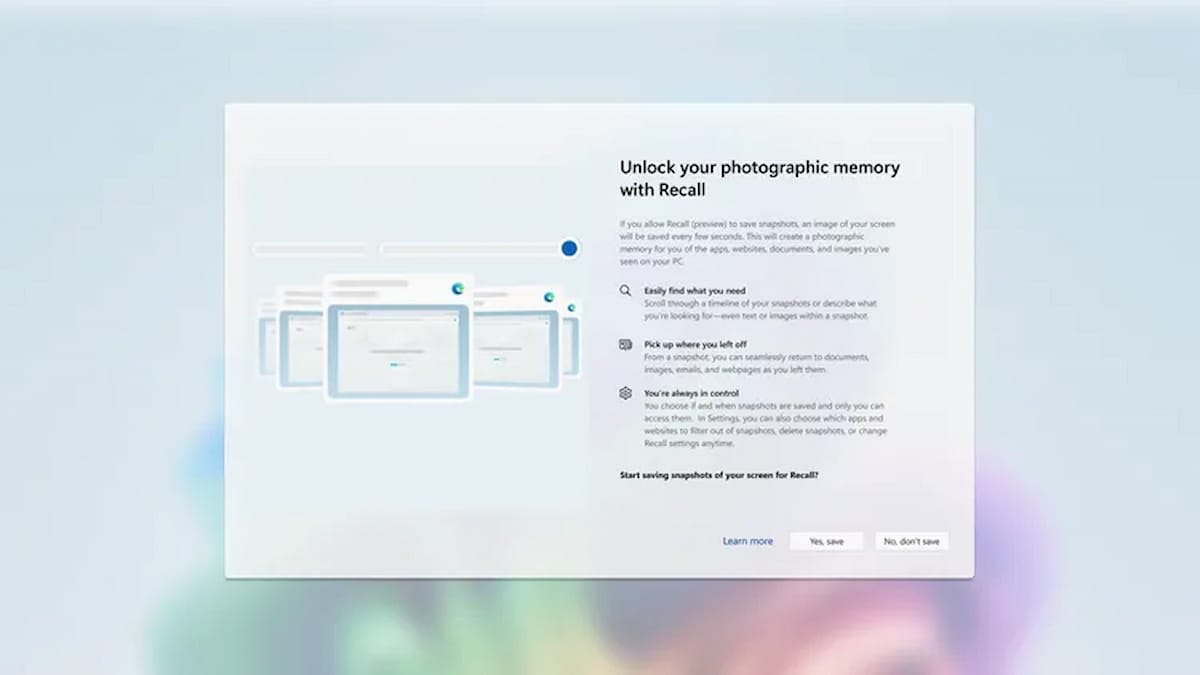
After postponing the launch of Windows Recall due to privacy concerns, Microsoft has dedicated significant effort to redesigning the privacy and security framework behind the feature. The goal was to ensure it aligned with users’ preferences and concerns, making it clear that Windows Recall would be optional. Users will not be forced to use a tool that they might feel intrudes on their privacy.
Recently, The Verge shared new insights about the feature. In an interview, David Weston, Microsoft’s Vice President of Enterprise Security and Operating Systems, expressed his excitement about the advancements in the security architecture of Windows Recall. He emphasized the depth of learning and expertise the team gained while addressing the privacy and security challenges of the tool.
Weston hopes the wider security community will appreciate how much effort has gone into building a secure system for this feature. He also reiterated that Windows Recall would remain optional, allowing users to opt-out if they have concerns about its presence on their devices.
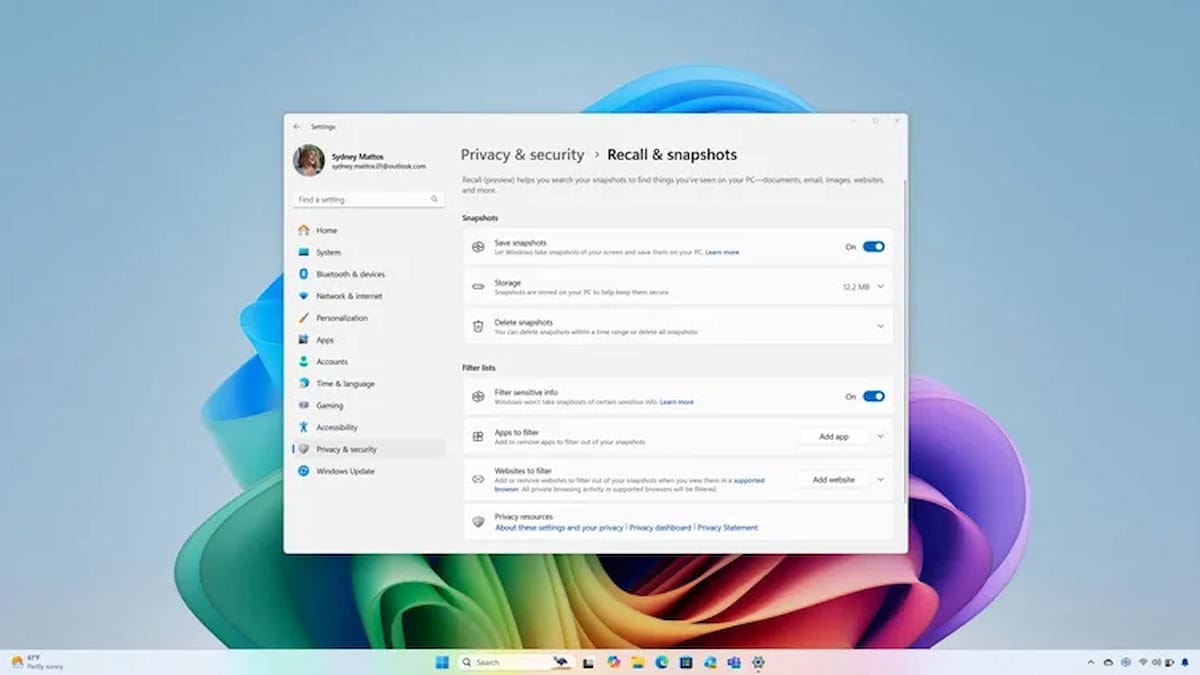
To address privacy concerns, Microsoft’s security team behind Windows Recall has introduced a significant update: users can uninstall the Recall feature from their **Copilot+ PCs**. Initially revealed by accident in September 2024, the news was quickly retracted. However, David Weston has since confirmed that users can remove Windows Recall entirely, ensuring no trace of the tool remains on their devices. Importantly, this uninstallation will not impact other AI-powered features or functionalities on the system.
In addition to this user-friendly update, the team has made substantial progress in enhancing the security architecture of Windows Recall. Early in development, the team identified a critical issue: information captured through Recall, including screenshots, was not encrypted, leaving it vulnerable to potential attacks from cybercriminals and malware. This vulnerability has since been addressed, with Weston highlighting that the security improvements were a key focus in making the feature safer and more reliable.
These changes reflect Microsoft’s commitment to giving users control over their data and privacy while maintaining the functionality and security of AI tools on Copilot+ PCs.
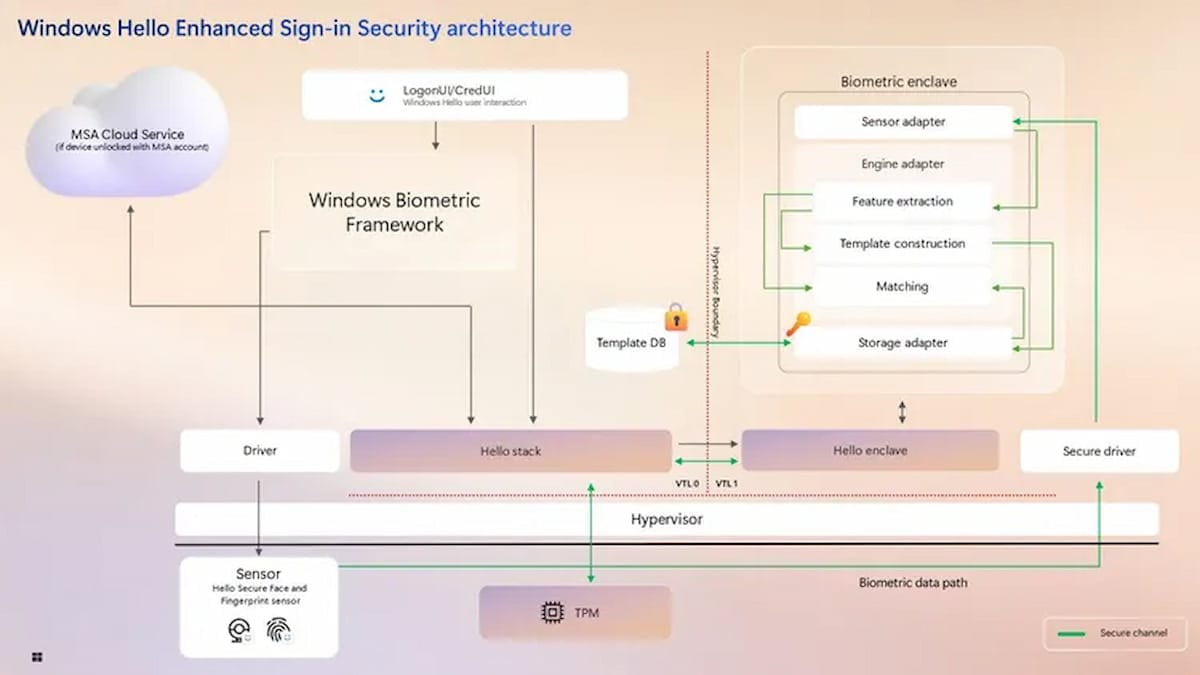
Microsoft has made significant strides in addressing privacy and security concerns surrounding Windows Recall by fully encrypting the tool. This encryption is tied directly to the Trusted Platform Module (TPM), which is required to upgrade to Windows 11, ensuring that the data stored by Recall is securely protected. Access to the backup keys is restricted through biometric verification, such as **Windows Hello**, making the system more robust against unauthorized access.
The company’s efforts have created a fully encrypted data processing platform, greatly enhancing user confidence in Recall’s security. This improvement may change the opinions of those previously wary of the tool due to privacy concerns. However, as David Weston points out, ongoing work is still to refine the platform further.
In an additional layer of security, Windows Recall will now be exclusive to Copilot+ PCs, which will require BitLocker to be enabled during boot, among other critical security checks. This ensures that only devices with high-level security standards can run Recall, enhancing the feature’s reliability.
For those interested in deeper insights into the development and future of Windows Recall, the full interview with Weston and additional details are available in the post from The Verge.

